|
To say that the ways that everyday life and routines have been seriously affected by the COVID-19 pandemic is a gross understatement. People have lost loved ones, businesses and entire industries are shut down, and everyone is staying home. Even simple things like going to the grocery store have been affected – especially if you need toilet paper or baking supplies. The state of Oregon started our stay at home order on March 20, 2020, but schools and many businesses have been closed since March 12. I am so grateful that I’ve been able to continue working full time during the past eight weeks, because it has made it much easier to keep some structure in my days, not to mention income. I know I’m so blessed in that, and I don’t take it for granted at all. But as I have in other difficult seasons of my life, I set my resolve to really use and capture this time – if it’s going to be hard, I want to learn and grow from it. And I have. I’ve learned to sift through the daily news, ignore the drama, and follow the actual data. I have changed my priority on making sure our household has a certain amount of basic supplies. I’ve had to give the people in my life an increased amount of grace and understanding, as they are navigating their own challenging paths and emotions. I have been more intentional about calling and FaceTiming people I love, especially my 92-year-old grandpa. I’ve also caught up with friends I haven’t talked to in a while. I have worked hard to reset my sleep schedule. And I’ve been taking long walks several times a week. All of those are good things, and I’m thankful for the challenge because it’s brought me to new patterns and realizations. But about two weeks into the stay at home order, I was feeling really drained and lost. I was doing what I felt I should to support the people around me, but as I spent energy on making sure everyone else was ok, I felt more and more lonely. This sparked a process and subsequent conversations that have changed the way I see myself and my role in the community around me. I always roll my eyes when people say, “I found myself.” I don’t think I was ever lost – I just believe that as you walk through life, layers and layers of relationships, trauma, victories and losses can cover up or distort who you know you are underneath it all. As I’ve pushed hard through a lot of really difficult things in recent years, I’ve stretched myself to fill roles in relationship and growth. In the deepest-rooted parts of my personality, I’m someone who strives for a continual increase in the quality of living and being – for me, and for everyone around me. I desire peace, love, and learning – no matter the cost. It’s hard for me to be around people who refuse to make the effort to rise to the occasions in life, simply because it’s uncomfortable. God never promised an easy path through life – and the beauty in the battle is that it shapes you into a stronger person physically and spiritually. But where does this get distorted? How do you know you’re living in a way that reflects your core values and intentions? In the book The Four Agreements, Don Miguel Ruiz talks about four basic principles (agreements) to structure your everyday life by. And one of those agreements is to avoid making assumptions. Just like the other three agreements in this book, not making assumptions about what other people are thinking, seeing, and experiencing is so simple… but so difficult to apply to your passive and active thought processes. So, in talking with one of my closest friends a few weeks ago, I was challenged to actually do something uncomfortable in order to make sure I wasn’t making an assumption. Freddy Sandoval is someone I have referenced in past blog posts. In addition to being a great friend, he is a professional mental skills coach and has helped me to understand myself a lot better over the course of our relationship. But sometimes I have to laugh and shake my head when it comes to the joys of having a best friend who is a mental ninja…. He continuously challenges me to observe my thinking and stay grounded in my values. As we were chatting about some of the things I was feeling in relation to my roles and relationships, and shifts in my medical care, he asked me what my character strengths are. Since I had recently taken an online quiz on character strengths, I told him the results of that survey… which were hope, spirituality, and gratitude. His next question was, “What do you think other people see your strengths as?” A number of things flooded my mind, but ultimately, I didn’t really have an answer to that question. So, he gave me an assignment – to send a text message to 20 people I felt truly know me and ask them what they see my strengths as. I really didn’t want to do that. It made me so uncomfortable. I felt like I already knew what he was getting at… and it annoyed me because I knew he was right. (Remember what I said about having a best friend who is a mental ninja…?!) More or less, I knew that the answers I would get from my close friends and family would not match up with the assumptions I had made. You see, it’s really easy to assume the reasons that people appreciate and value you. And even if you are somewhat right, and they do appreciate you for those strengths or skills – it’s often not the first things they would list if asked this question. So, I did it. Begrudgingly. I sent out a text to 20 people, and over the course of the next few days, I wrote the responses down in my journal. And it blew my mind. Not because Freddy was correct – but because the things that the most important people in my world listed as my character strengths were so amazing. Words like creative, intuitive, difference-maker, cheerleader, and resilient. Dedicated, loyal, and warm. A survivor, a fighter, driven. The most common strength listed was determined, and the funniest was from my boss – who told me I am really good at convincing other people what they want… which made me laugh!! There were several references to my ability to cook without a recipe, and making others feel comfortable in social or business settings. But one response hit my heart like a grenade and did exactly what this exercise was meant to do – which was to shift my perspective. One of my medical providers answered with this description of my character: “Fluid. You change, adapt, get stronger, chill out, relax, and concentrate on demand. You’re like water… you just flow through obstacles. To be clear, being fluid takes a great amount of control and strength. If you want to think of a hierarchy of traits, I personally think that being fluid is at the top. It is very Buddha, and there’s a great power in being able to flow around obstacles. If you can, you are unstoppable.” There it was. This is who I want to be. This one answer covers all the other answers. This is who I am. And it was so humbling to hear that answer from someone I truly value, and who knows me well because he’s walked through the valleys and celebrated at the mountaintops alongside me in the thick of the battle. He’s in the arena with me. Asking people to list the strengths they see in me was hard only because I really didn’t want to give up the traits that I believed were most important. I hold with a death grip to being hard-working, responsible, and a leader. I tell myself that everyone expects me to show up and take over the burdens of stress and day-to-day life. I do these things, with reckless abandon, until I break down and can’t continue. And honestly, it’s about pride. I pride myself in being “that girl”. The one who can handle everything. The one who doesn’t crumble when things don’t work out, when jobs are difficult, or tragedy strikes. And while I might be those things, they aren’t the strengths that truly matter. What matters is that I’m fluid. Adaptable. Strong and flexible. I flow around obstacles as they come. These are the things that define me. In the past couple of weeks since this exercise, I’ve been working on reconnecting with a truer and more authentic version of who I am. From the beginning of this COVID-19 crisis, I made a vow that I would be strong and steady, stoic and focused through all of the panic that surrounded me. I strongly believe that perspective and mental control are the keys to thriving in a time when everyone else is riddled with anxiety. But I also was determined to use this time to grow and reset. Jim Kwik, a brain-based learning expert and author, suggests listening to baroque classical music while you are performing tasks that require focus. The other night I was walking at a local nature preserve, and I decided to listen to Handel instead of my usual podcast or audiobook. I just needed to let my mind wander. And as I walked and the sun was going down, I had the sensation that I was walking through the story of my life, with the music being the movie score playing as I watched myself. It sounds kind of funny, but it was actually really beautiful, and I was able to see the strengths that were listed in the text message responses from my 20 people. I could see my determination as I walked away from the pain and trauma of the past 12 months. I could feel the strength that has come from lost relationships and changed perspective. And I could see myself as fluid. Taking each moment as it comes, with relentless grace, steady growth, and unapologetic joy. Love, Amy for Freddy, who keeps me anchored to the truth.
4 Comments
|
AuthorMy name is Amy but friends and family call me Am. I am a lover of dogs, good whiskey, and strength training. I'm a brain surgery survivor (x31), a fiddle player, a construction designer, and a boxing enthusiast. I have six real siblings, and five fake brothers. I love deeply, and consider my close friends to be family. Archives
February 2022
Categories
All
|
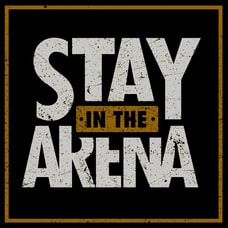
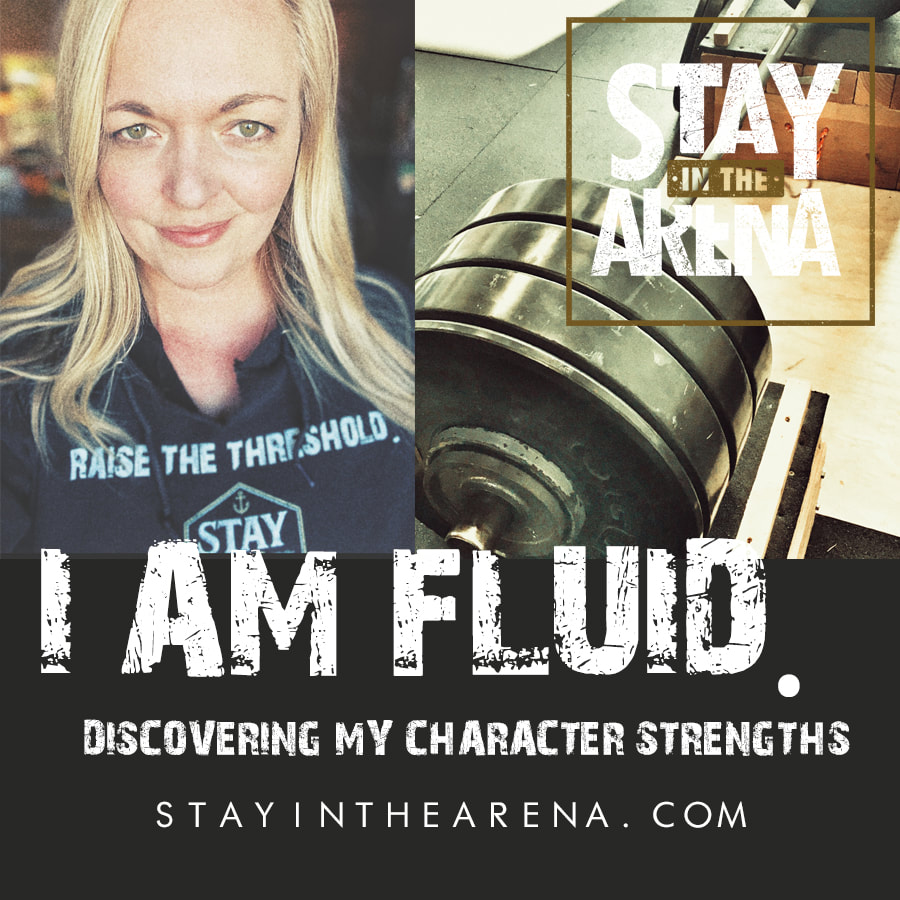
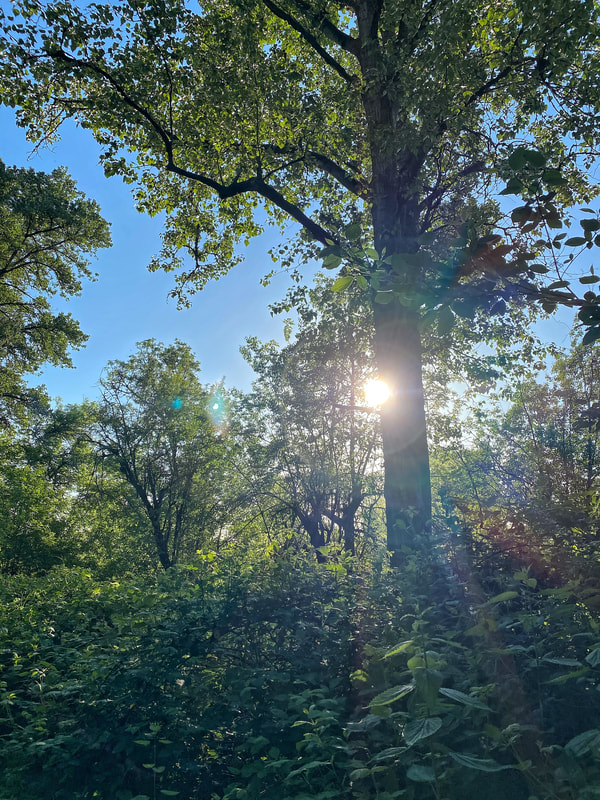
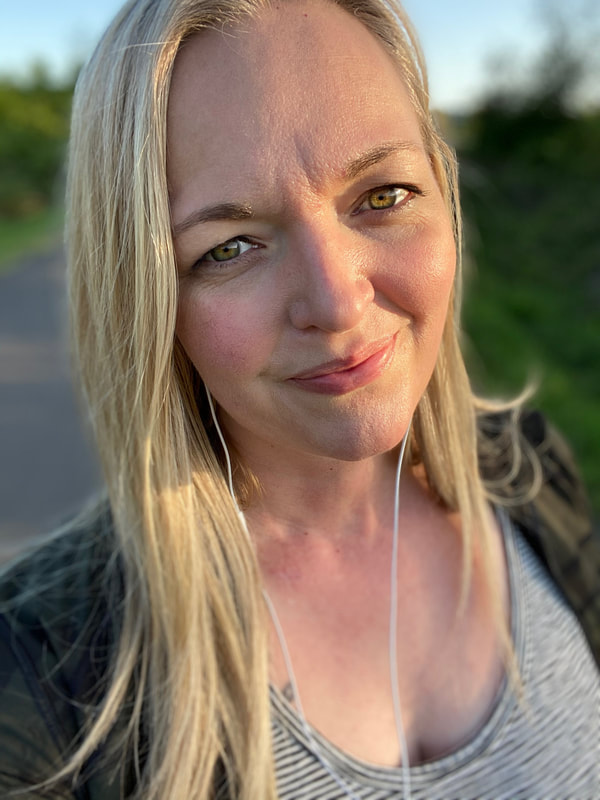
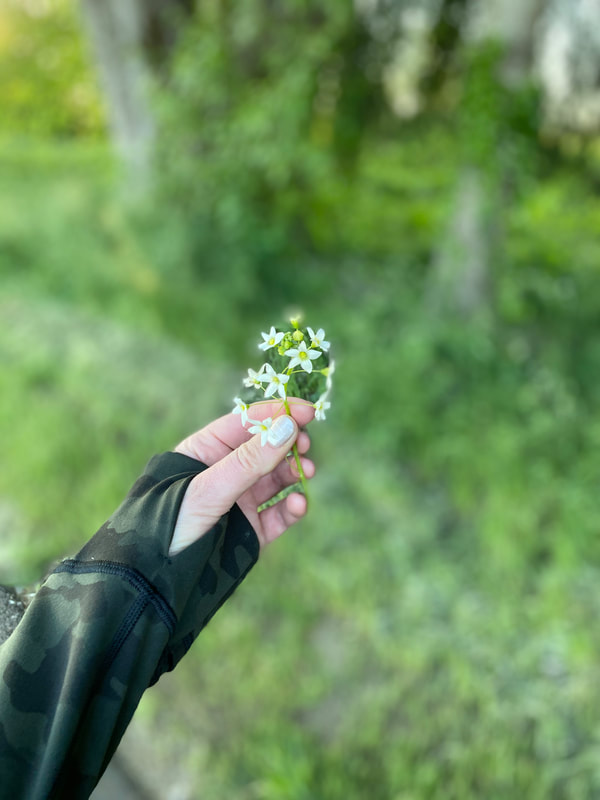
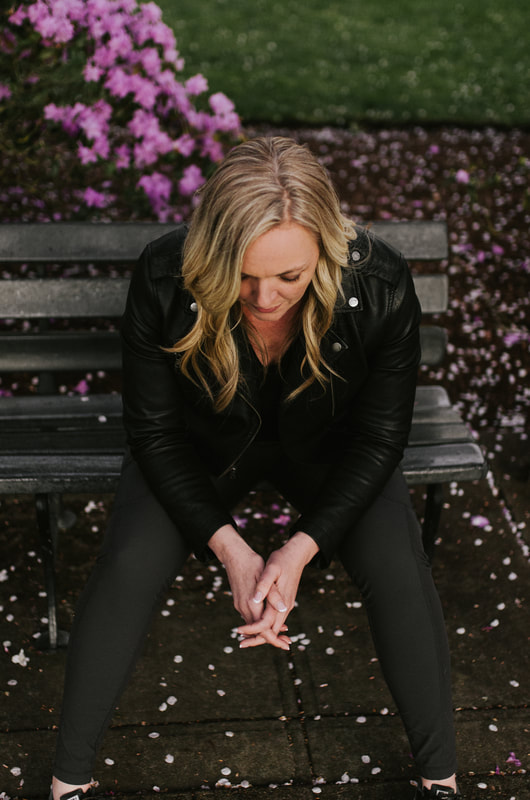
 RSS Feed
RSS Feed